Importing lithium batteries from China to Egypt presents both exciting opportunities and complex challenges. With the growing demand for portable energy solutions, understanding the intricacies of shipping these hazardous materials is essential for a successful import process. This guide will navigate you through essential steps, including regulatory compliance, selecting the right shipping methods, and partnering with reliable freight forwarders. By equipping yourself with the right knowledge, you can streamline your shipping operations and ensure the safe and efficient transport of lithium batteries to Egypt. Let’s embark on this journey to unlock the potential of your imports!
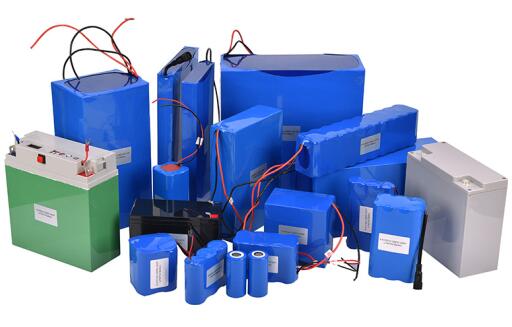
Understanding the Regulatory Landscape
When it comes to importing lithium batteries, it is essential to navigate the complex web of regulations that govern the transport and handling of these products. Lithium batteries, categorized as hazardous materials, are subject to specific international regulations, such as the UN 3480 (for lithium-ion batteries) and UN 3481 (for lithium batteries contained in or packed with equipment). Compliance with these regulations ensures safe transport and mitigates risks associated with battery fires or leaks. Understanding both international standards and the regulations specific to China and Egypt will prepare you for a successful import process.
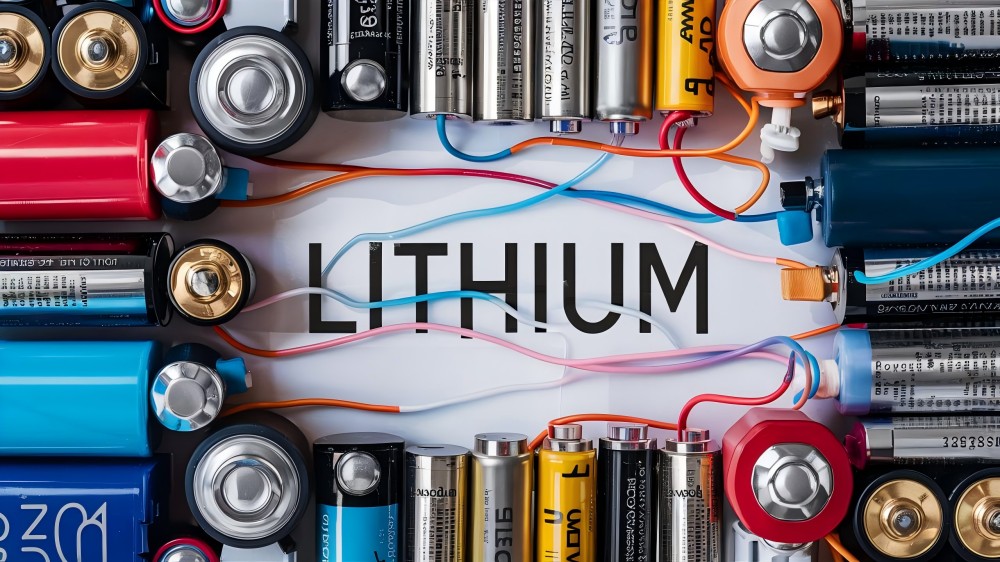
China’s “CCC” Certification for Lithium Batteries
In China, lithium batteries must meet the CCC (China Compulsory Certification) standards before they can be exported. The CCC certification involves testing for product safety, quality, and performance. Manufacturers must submit their products to designated testing laboratories, and upon meeting the required standards, they will receive the certification. This certification not only ensures compliance with domestic regulations but also facilitates smoother customs clearance processes for international shipping. Importers should verify that their suppliers possess valid CCC certifications to avoid potential delays.
Egypt’s Import Regulations for Lithium Batteries
Egypt has its own set of regulations concerning the importation of lithium batteries. Importers must register their products with the Egyptian Organization for Standards and Quality (EOSQ). Additionally, compliance with Egyptian Customs regulations is mandatory, including providing necessary documentation such as a certificate of origin, commercial invoice, and packing list. Importers should also be aware of any applicable tariffs or taxes associated with their shipments. Knowledge of these regulations is crucial for ensuring compliance and avoiding penalties.
Preparing for Shipment
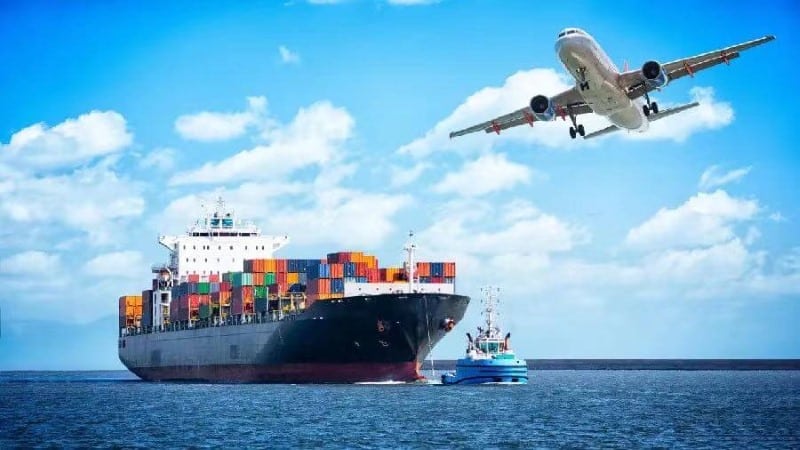
Selecting the Right Shipping Method
When it comes to importing lithium batteries from China to Egypt, selecting the right shipping method is a critical step that can significantly impact the overall efficiency and cost of the shipment. The two primary options available are air freight and ocean freight, each with its distinct advantages and considerations.
Air Freight is often chosen for its speed, making it ideal for urgent shipments. However, it is essential to note that air freight carries stricter regulations due to the potential hazards associated with lithium batteries. Carriers may impose limitations on the quantity and type of batteries transported, and additional fees may apply for hazardous materials. Furthermore, air freight can be more expensive than other methods, potentially affecting the cost-effectiveness of your shipment.
In contrast, ocean freight is typically more economical for bulk shipments. While it offers lower transportation costs, the trade-off is longer transit times, which can lead to delays in reaching your destination. Ocean freight is also subject to regulations, but they tend to be less stringent than those imposed on air cargo. Depending on the shipment size and your timeline, it’s essential to weigh these factors carefully. For a detailed analysis of shipping methods, you can refer to our services regarding Ocean Freight.
Packaging and Labeling Requirements
Proper packaging and labeling for lithium batteries are paramount to ensure safety during transit and compliance with international shipping regulations. The packaging must adhere to the UN guidelines for hazardous materials, specifically for lithium batteries classified under UN 3480 and UN 3481.
- Packaging: Lithium batteries should be packed in strong, non-conductive materials that can withstand the rigors of shipping. This typically means using sturdy outer boxes, with inner cushioning to prevent movement and damage. Batteries should be individually packed to avoid short-circuiting, and terminals must be protected using insulating caps or tape.
- Labeling: Each package must be clearly labeled with appropriate hazard symbols, including a lithium battery handling label. This label should indicate that the contents are lithium batteries and provide handling instructions. Proper labeling not only ensures compliance with shipping regulations but also alerts handlers to exercise caution.
Failure to meet the packaging and labeling requirements can result in significant penalties, including shipment delays or rejections at customs.
Documentation and Compliance
The importance of accurate documentation cannot be overstated when importing lithium batteries. Importers must prepare comprehensive records to ensure compliance with both Chinese and Egyptian regulations. Essential documents include:
- Bill of Lading: This document serves as a receipt for the goods and outlines the terms of the transport agreement.
- Commercial Invoice: A detailed account of the sale transaction, including the product description, quantities, and prices.
- Packing List: This document summarizes the contents of the shipment, providing crucial information for customs officials.
- Certificates: Depending on the destination, you may require specific certificates, such as the CCC certification from China and compliance documents from the Egyptian authorities.
Furthermore, maintaining compliance with customs regulations in Egypt is essential. This may involve registering the lithium batteries with the Egyptian Organization for Standards and Quality (EOSQ) and ensuring that all necessary tariffs and taxes are accounted for.
To streamline this process and reduce the risk of errors, it is highly advisable to collaborate with a professional freight forwarder like Dantful International Logistics. They can assist with all aspects of documentation and compliance, ensuring that your shipment adheres to international standards and avoids costly delays.
Shipping From China to Middle East Countries:
- Shipping from China to Saudi Arabia
- Shipping from China to UAE
- Shipping from china to KUWAIT
- Shipping From China To EGYPT
- Shipping from China to Bahrain
- Shipping From China To Jordan
- Shipping From China To Israel
- Shipping from China to Qatar
- Shipping From China To IRAQ
- Shipping from China to Iran
Partnering with Reliable Freight Forwarder

Choosing a Certified Freight Forwarder
When importing lithium batteries, selecting a reliable and certified freight forwarder is crucial to ensure a smooth shipping process. A certified freight forwarder possesses the necessary expertise and compliance knowledge regarding hazardous materials, specifically lithium batteries. They should be well-versed in international shipping regulations and have experience handling shipments to Egypt.
Key qualifications to look for in a freight forwarder include:
- Experience with Lithium Batteries: Ensure the forwarder has a proven track record of successfully shipping lithium batteries and can navigate the associated regulations.
- Certifications: Look for certifications such as IATA (International Air Transport Association) or FIATA (International Federation of Freight Forwarders Associations), which indicate adherence to industry standards.
- Network and Resources: A reputable freight forwarder should have a robust network of shipping partners and customs brokers in both China and Egypt. This network can facilitate faster customs clearance and provide solutions for unforeseen challenges.
- Insurance Offerings: The freight forwarder should also offer comprehensive insurance services to protect your shipment against potential loss or damage during transit.
Customizing Shipping Solutions
Different shipments may require tailored solutions to address specific needs or challenges. Partnering with a freight forwarder that offers customizable shipping solutions can significantly enhance your shipping experience. Some aspects to consider include:
- Flexible Shipping Options: A good freight forwarder can offer various shipping methods (air, ocean, or a combination) based on your budget and timeline.
- Consolidation Services: If you are importing multiple shipments, your freight forwarder can consolidate them into a single shipment, which can lower costs and simplify logistics.
- Expert Advice on Regulations: A knowledgeable freight forwarder can provide insights into current regulations and help navigate changes in shipping laws, ensuring that you remain compliant throughout the process.
For these reasons, it is highly recommended to partner with Dantful International Logistics, which offers a highly professional, cost-effective, and high-quality one-stop international logistics service tailored for global traders. Their expertise in handling lithium batteries and commitment to compliance makes them an ideal partner for your shipping needs.
Dantful International Logistics Services:
- Dantful Ocean Freight Services
- Air Freight From China
- Amazon FBA Freight Forwarding
- WAREHOUSE Services
- One-Stop Customs Clearance Solution
- Cargo Insurance Services in China
- DDP Shipping Services By Dantful Logistics
- Out of Gauge Cargo Transportation Shipping Services
Managing Risks and Challenges

Mitigating Safety Risks
Importing lithium batteries involves inherent safety risks, primarily due to their classification as hazardous materials. To mitigate these risks, consider implementing the following strategies:
- Adherence to Safety Protocols: Ensure that all personnel involved in the packaging and shipping process are trained on safety protocols for handling lithium batteries. This includes recognizing potential hazards and knowing how to respond in case of an emergency.
- Regular Inspections: Conduct regular inspections of shipping containers to ensure that they remain secure and intact during transit. Any signs of damage should be addressed immediately to prevent potential incidents.
- Use of Advanced Packaging: Implement the use of advanced packaging materials designed for hazardous materials to minimize the risk of leaks or short circuits during transport.
Navigating Regulatory Changes
Regulatory environments can change rapidly, making it essential for importers to stay informed about the latest developments. To effectively navigate these changes, consider:
- Continuous Monitoring: Regularly monitor updates from regulatory agencies in both China and Egypt concerning lithium battery imports. This could include joining industry groups or subscribing to relevant newsletters.
- Working with Experts: Collaborate with freight forwarders like Dantful International Logistics who are knowledgeable about the regulatory landscape. They can provide guidance on compliance and how to adapt to changes effectively.
- Training and Education: Implement ongoing training for your team regarding regulatory changes and compliance updates. This proactive approach will help your organization adjust quickly to new requirements.
FAQs
What certifications do lithium batteries need for shipping?
Lithium batteries typically require CCC certification in China and must comply with the regulations set by the Egyptian Organization for Standards and Quality (EOSQ) upon import.
How can I ensure my lithium battery shipment is safe?
To ensure safety, adhere to all packaging and labeling requirements, use robust packaging materials, and train personnel on hazard handling protocols.
What is the best shipping method for lithium batteries?
The best shipping method depends on your budget and urgency. Air freight is faster but more expensive, while ocean freight is more economical for larger shipments.
Why should I choose Dantful International Logistics?
Dantful offers a highly professional, cost-effective, and quality service tailored for global traders, with expertise in shipping hazardous materials like lithium batteries.
References
- Lithium Battery Shipping Regulations – International Air Transport Association (IATA): IATA Lithium Battery Guidance Document
- CCC Certification Process – China Certification and Inspection Group: CCC Certification
- Egyptian Customs Regulations – Egypt Customs Authority: Egyptian Customs
- UN Dangerous Goods Regulations – United Nations Economic Commission for Europe: UN Recommendations on the Transport of Dangerous Goods

Young Chiu is a seasoned logistics expert with over 15 years of experience in international freight forwarding and supply chain management. As CEO of Dantful International Logistics, Young is dedicated to providing valuable insights and practical advice to businesses navigating the complexities of global shipping.
The other language versions of this article
- كيفية استيراد وشحن بطاريات الليثيوم من الصين إلى مصر بنجاح في عام 2024
- Hoe u in 2024 met succes lithiumbatterijen kunt importeren en verzenden van China naar Egypte
- Comment réussir l’importation et l’expédition de batteries au lithium de la Chine vers l’Égypte en 2024
- So importieren und versenden Sie Lithiumbatterien erfolgreich von China nach Ägypten im Jahr 2024
- Come importare e spedire con successo batterie al litio dalla Cina all’Egitto nel 2024
- Cómo importar y enviar con éxito baterías de litio de China a Egipto en 2024
- Como importar e enviar com sucesso baterias de lítio da China para o Egito em 2024
- Как успешно импортировать и доставлять литиевые батареи из Китая в Египет в 2024 году
- Lityum Piller 2024’te Çin’den Mısır’a Başarıyla Nasıl İthal Edilir ve Gönderilir










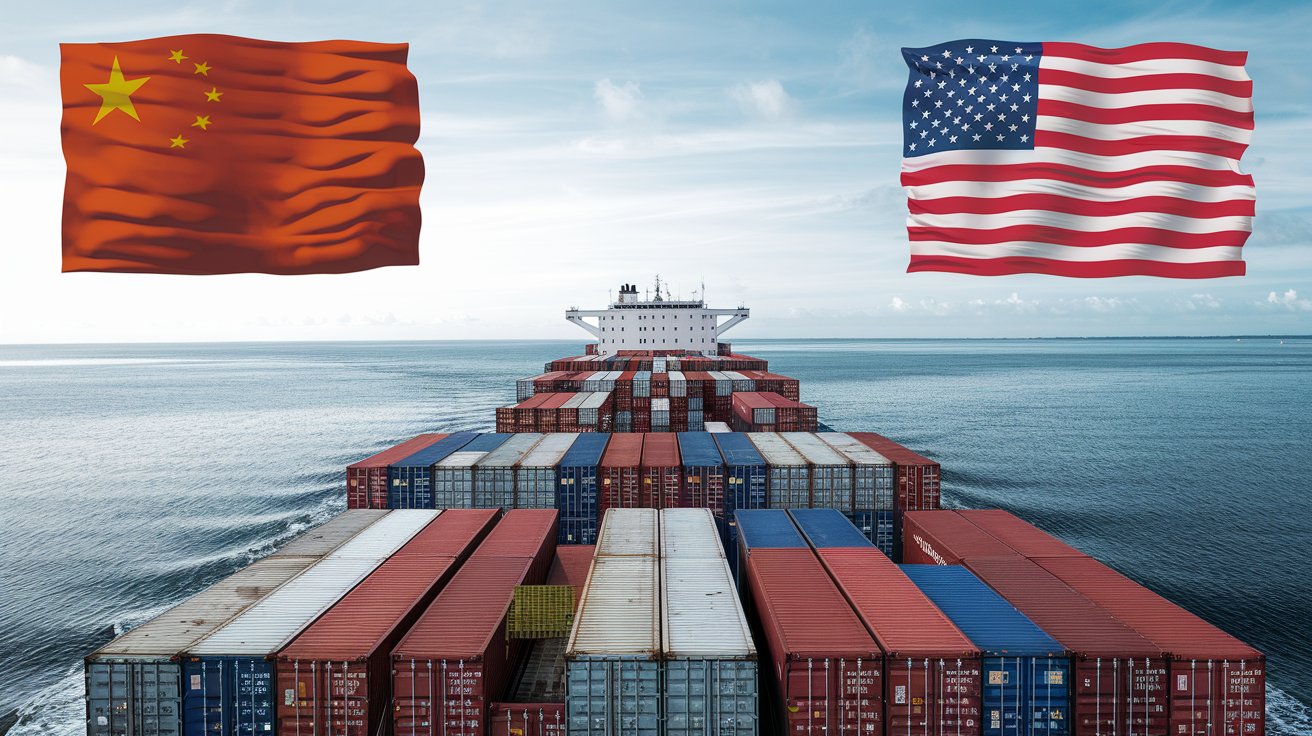
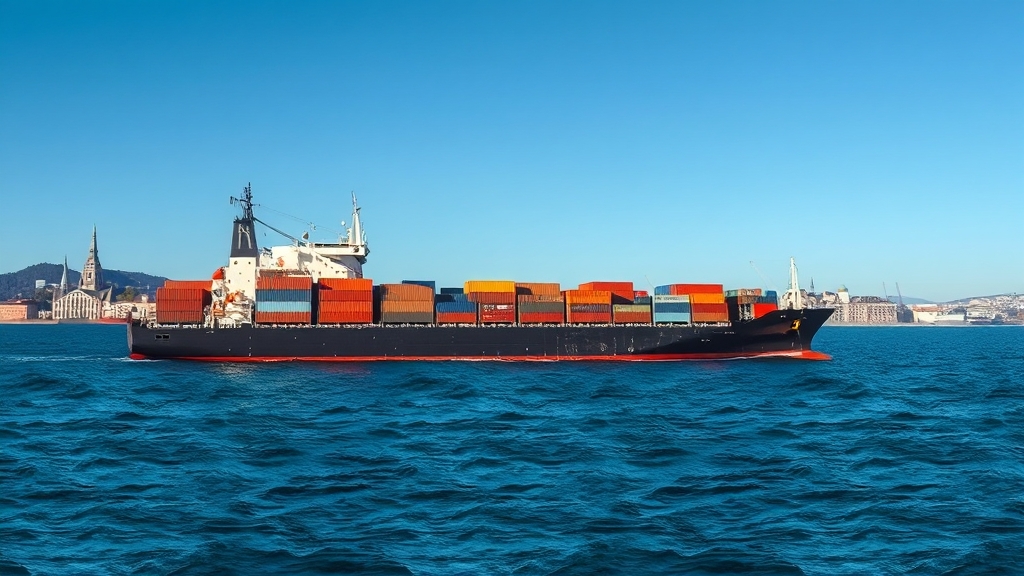

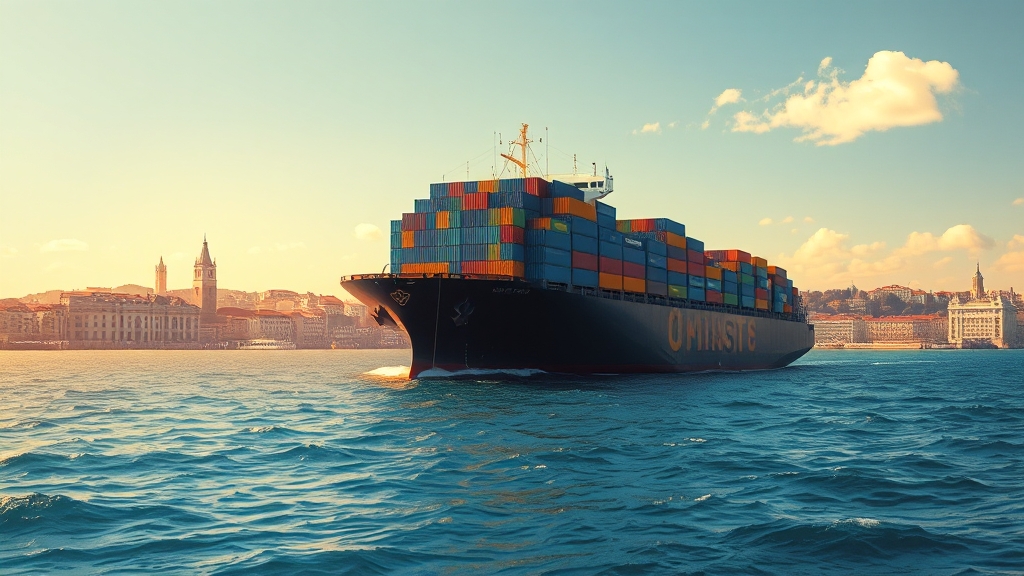
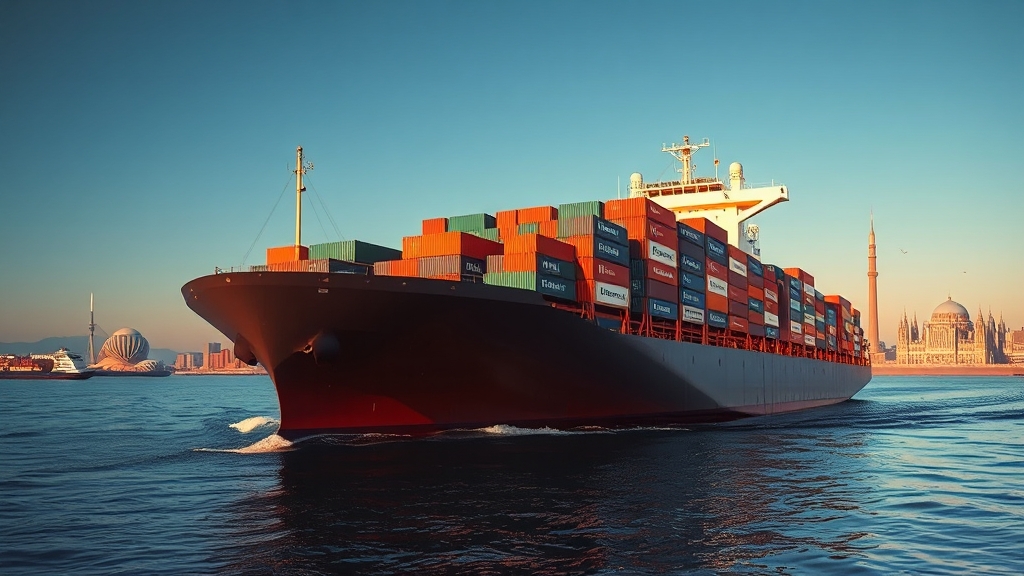





 Afrikaans
Afrikaans Shqip
Shqip አማርኛ
አማርኛ العربية
العربية Հայերեն
Հայերեն Azərbaycan dili
Azərbaycan dili Euskara
Euskara Беларуская мова
Беларуская мова বাংলা
বাংলা Bosanski
Bosanski Български
Български Català
Català Cebuano
Cebuano Chichewa
Chichewa 简体中文
简体中文 繁體中文
繁體中文 Corsu
Corsu Hrvatski
Hrvatski Čeština
Čeština Dansk
Dansk Nederlands
Nederlands English
English Esperanto
Esperanto Eesti
Eesti Filipino
Filipino Suomi
Suomi Français
Français Galego
Galego ქართული
ქართული Deutsch
Deutsch Ελληνικά
Ελληνικά Kreyol ayisyen
Kreyol ayisyen Harshen Hausa
Harshen Hausa Ōlelo Hawaiʻi
Ōlelo Hawaiʻi עִבְרִית
עִבְרִית हिन्दी
हिन्दी Hmong
Hmong Magyar
Magyar Íslenska
Íslenska Igbo
Igbo Bahasa Indonesia
Bahasa Indonesia Gaeilge
Gaeilge Italiano
Italiano 日本語
日本語 Basa Jawa
Basa Jawa ಕನ್ನಡ
ಕನ್ನಡ Қазақ тілі
Қазақ тілі ភាសាខ្មែរ
ភាសាខ្មែរ 한국어
한국어 كوردی
كوردی Кыргызча
Кыргызча ພາສາລາວ
ພາສາລາວ Latin
Latin Latviešu valoda
Latviešu valoda Lietuvių kalba
Lietuvių kalba Lëtzebuergesch
Lëtzebuergesch Македонски јазик
Македонски јазик Malagasy
Malagasy Bahasa Melayu
Bahasa Melayu മലയാളം
മലയാളം Maltese
Maltese Te Reo Māori
Te Reo Māori मराठी
मराठी Монгол
Монгол ဗမာစာ
ဗမာစာ नेपाली
नेपाली Norsk bokmål
Norsk bokmål پښتو
پښتو فارسی
فارسی Polski
Polski Português
Português ਪੰਜਾਬੀ
ਪੰਜਾਬੀ Română
Română Русский
Русский Samoan
Samoan Gàidhlig
Gàidhlig Српски језик
Српски језик Sesotho
Sesotho Shona
Shona سنڌي
سنڌي සිංහල
සිංහල Slovenčina
Slovenčina Slovenščina
Slovenščina Afsoomaali
Afsoomaali Español
Español Basa Sunda
Basa Sunda Kiswahili
Kiswahili Svenska
Svenska Тоҷикӣ
Тоҷикӣ தமிழ்
தமிழ் తెలుగు
తెలుగు ไทย
ไทย Türkçe
Türkçe Українська
Українська اردو
اردو O‘zbekcha
O‘zbekcha Tiếng Việt
Tiếng Việt Cymraeg
Cymraeg יידיש
יידיש Yorùbá
Yorùbá Zulu
Zulu